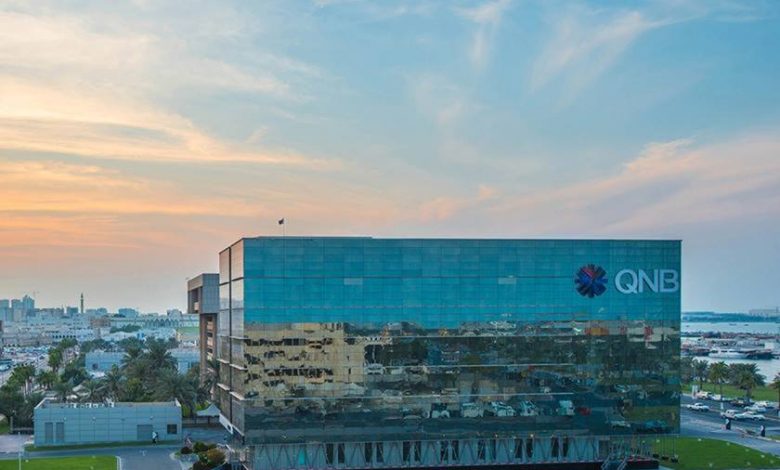
by: Fatima Badawi
Qatar National Bank (QNB) has forecasted modest growth and weak performance for global trade in 2024, attributed to the modest recovery in the manufacturing sector, increasing trade barriers, and slowing investments in emerging markets.
According to the bank’s weekly report, global trade serves as a direct indicator of the state of the global economy, reflecting consumer appetite for purchasing final goods, as well as companies’ need for intermediate and capital goods. Consequently, trade volumes fluctuate according to cycles of expansion and contraction in the global economy, making it an extremely useful indicator for overall economic conditions.
The report notes significant fluctuations in global trade over the past five years, particularly following the sharp collapse in 2020 due to the COVID-19 shock. While the strong recovery in 2021 was a key factor in overcoming the pandemic, 2022 witnessed a sharp slowdown in trade activity amid a challenging environment characterized by rising interest rates, inflation rates, and protectionist measures.
Despite expectations for trade growth to rebound to approximately 2.8% this year, this remains significantly below the long-term historical average of 4.6% from 2000 to 2022. This subdued recovery is attributed to three cyclical and structural factors that are expected to constrain the recovery to below-average levels:
Global Manufacturing Recession: While the global manufacturing recession is nearing its end, the recovery from it will be limited. Manufacturing activity remained weak throughout 2023 due to various factors, including shifts in consumption patterns towards services post-pandemic, rising living costs, financial constraints, and weaker-than-expected recovery in Chinese manufacturing. However, these headwinds are gradually diminishing, and the sector’s contraction has reached its lowest levels.
Rising Protectionism: Protectionist policies and trade barriers continue to escalate globally. The number of new trade restrictions worldwide has increased from fewer than 1,000 annually before 2019 to over 3,000 new restrictions in 2023. In addition to traditional forms of trade restrictions, new forms of trade barriers are emerging, particularly related to climate change mitigation efforts, leading to increased indirect trade restrictions.
Slowing Investment in Emerging Markets: The slowdown in investment growth in emerging markets indicates significant headwinds for global trade. Investment in emerging markets relies more heavily on imports than other components of demand, especially in terms of capital goods trade. In recent years, investment growth in emerging markets has slowed due to debt burdens, heightened economic and geopolitical uncertainty, and China’s rebalancing towards consumption away from investment and exports.
In conclusion, this negative trend is expected to persist, with slowing investment in emerging markets indicating significant headwinds for global trade this year.



